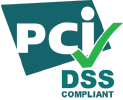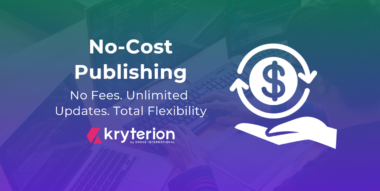When it comes to professional development, the terms “certificate program” and “certification” are often used interchangeably. However, they represent two very different approaches to acquiring and demonstrating expertise. Understanding the distinctions between these options can help individuals make informed decisions about their educational and professional goals.
What Are Certificate Programs?
A certificate program is an educational experience, typically offered by universities, colleges, or training organizations. These programs are structured to teach specific skills or knowledge in a targeted area of study.
Key Highlights:
- Education-Focused: Participants gain foundational knowledge or learn practical skills.
- Completion-Based: A certificate is awarded after successfully completing a defined curriculum or series of courses.
- No Expiration: While the certificate itself doesn’t expire, the skills or knowledge acquired may become outdated over time.
- Provider-Driven: Designed and offered by an individual institution or training provider.
For example, a university might offer a certificate in web development, which typically focuses on foundational skills such as HTML, CSS, and JavaScript for building websites. These programs often include hands-on practice with web design principles, user interface (UI) considerations, and basic tools like content management systems (CMS) or frameworks such as Bootstrap. While participants gain practical skills that are immediately applicable in entry-level web development roles, the emphasis is on teaching and learning rather than evaluating professional mastery. This type of program is perfect for individuals looking to gain an introduction to web development, switch careers, or build a portfolio for freelance or junior developer positions.
Certificate programs are ideal for those seeking to:
- Acquire new skills.
- Pivot to a new career field.
- Build a foundational understanding of a topic.
What Is a Certification?
A certification signifies a higher level of professional achievement, focusing on validating expertise and competency. Certifications are governed by a certifying body, ensuring that industry-wide standards are met.
Key Highlights:
- Competency-Based: Certifications assess and confirm an individual’s knowledge or skills in a specific area.
- Standardized: They are awarded based on standardized exams or performance benchmarks set by a recognized organization.
- Renewal Requirements: Certifications often require renewal through continuing education or reexamination to ensure the holder’s skills remain current.
- Industry-Wide Recognition: Certifications carry weight across employers and industries, signaling that the individual meets a recognized level of proficiency.
A great example of a certification is the Certified Information Systems Security Professional (CISSP), a globally recognized credential that validates advanced expertise in cybersecurity. Governed by the International Information System Security Certification Consortium (ISC)², the CISSP certification demonstrates that a professional has the skills and knowledge to design, implement, and manage a robust cybersecurity program. To earn the CISSP, candidates must pass a rigorous exam covering topics such as security and risk management, asset security, security architecture and engineering, and software development security. Additionally, applicants must have a minimum of five years of relevant work experience, making this certification a gold standard in the field. It is highly sought after by employers worldwide and often serves as a key requirement for senior-level roles such as Information Security Manager or Chief Information Security Officer (CISO).
Certifications are ideal for professionals who:
- Want to validate their mastery of a subject.
- Seek to boost their career opportunities and credibility.
- Work in industries that require adherence to evolving standards and best practices.
Why the Differences Matter
The choice between a certificate program and a certification depends on your professional goals:
- If you’re looking to learn something new or enhance your skills, a certificate program might be your best option.
- If you’re ready to validate your expertise and signal your competency to the world, a certification will be more valuable.
Both options have their place in personal and professional growth, but they serve different purposes. Understanding these distinctions can help you chart the most effective course for your development.
Kryterion’s Expertise in Certification Programs
At Kryterion, we specialize in empowering organizations to develop and manage certification programs that validate professional expertise and adhere to industry standards. A certification program encompasses the full process, from designing assessments to delivering secure, scalable exams and maintaining the certification lifecycle.
With our innovative technology and decades of expertise, we help organizations create certifications that are:
- Trusted: Built on robust security and fairness.
- Recognized: Aligned with industry benchmarks to ensure credibility.
- Impactful: Designed to meet the needs of professionals and employers alike.
Whether you’re launching a new certification program or optimizing an existing one, Kryterion provides the tools and support you need to succeed. From test development and proctoring solutions to credential management, we partner with you every step of the way.
If you’re ready to take your certification program to the next level, contect us to learn more about how we can support your goals.






